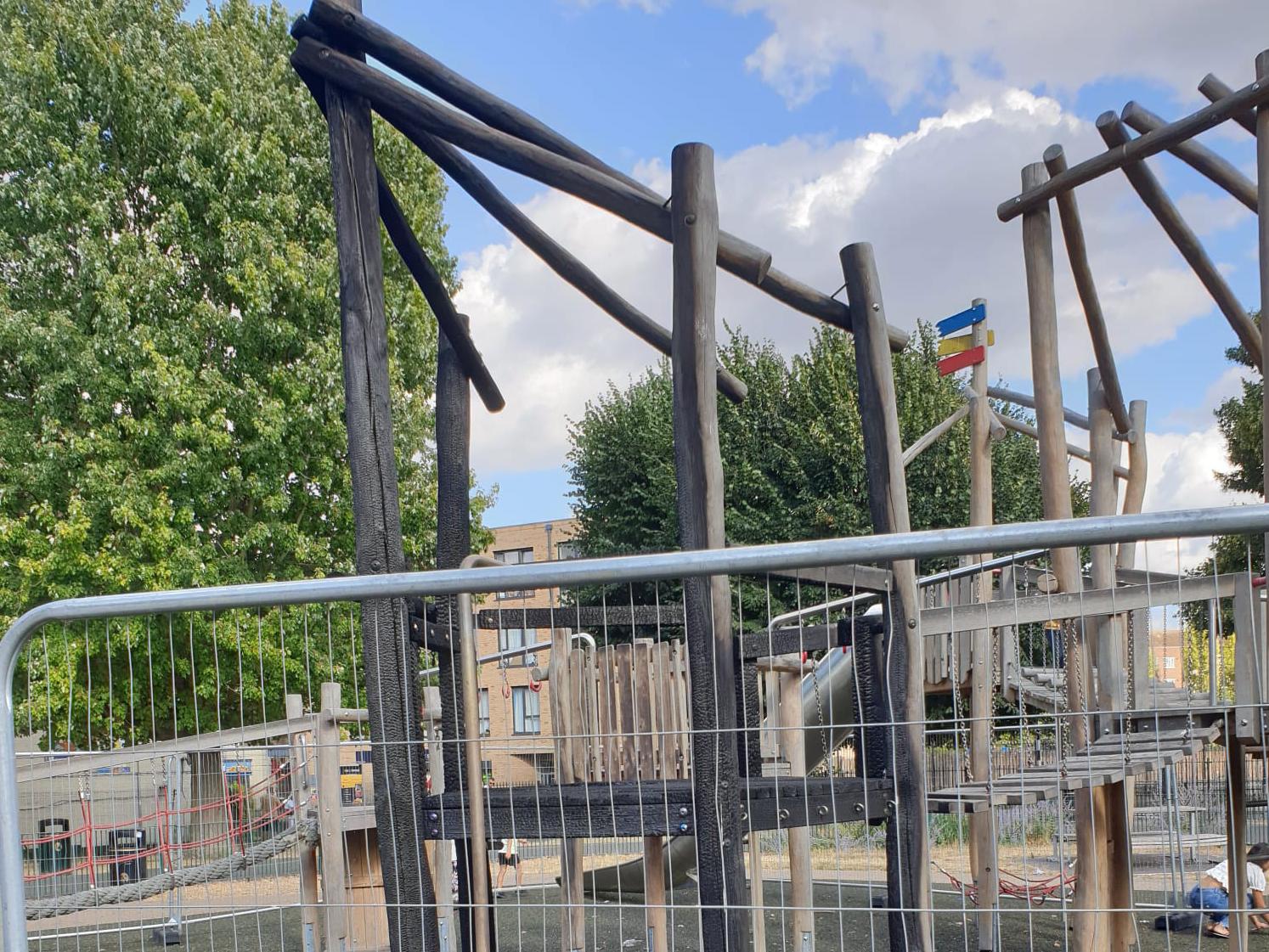More than a quarter of London’s local authorities are planning playground closures in the next three years, according to London Play’s biggest survey of councils in the capital for a decade.

Three quarters (25) of London’s 33 local authorities responded to London Play’s survey and the vast majority (88 per cent) say that children’s play is seen as a priority for their council. However, a third of respondents also admit that play facilities provided are not adequate for demand.
Most report they are building new public playgrounds, but revenue budgets, which fund staff to manage and maintain play areas, are static or falling. More than two thirds of respondents said that revenue over the next three years is likely to either decrease or stay the same. With inflation currently running at more than 10 per cent, future neglect seems almost certain.
“Opening a new playground is usually seen as a positive thing. But if there is no money to maintain it, or it is replacing adventurous play with less exciting play – or worse, it is nothing more than a token effort – then the benefits to children and the community become questionable,” said chair of London Play, Melian Mansfield MBE.
“Neglected playgrounds become a magnet for antisocial behaviour; families stay away and litter, dog mess and graffiti take over.”
The capital has suffered the loss of six staffed adventure playgrounds since the outset of the pandemic, bringing the total to around 70, down from 82 just a decade ago. Most adventure playgrounds in London are run by independent charities, but they remain highly dependent on local authority grants or contracts making them very susceptible to cuts.
In Wales and now Scotland play provision is a statutory duty for councils, but not in England.
“It is heartening to find that London councils see play as a priority for them. But until central government makes play provision a statutory duty, and funds it properly, it will continue to be highly vulnerable to cuts. Play is not just ‘nice to have’. It is vital for children’s health and happiness, and it is their right, under article 31 of the UN Convention on the Rights of the Child. This has been ratified by the UK but must be enshrined in legislation to ensure it is upheld in practice.”